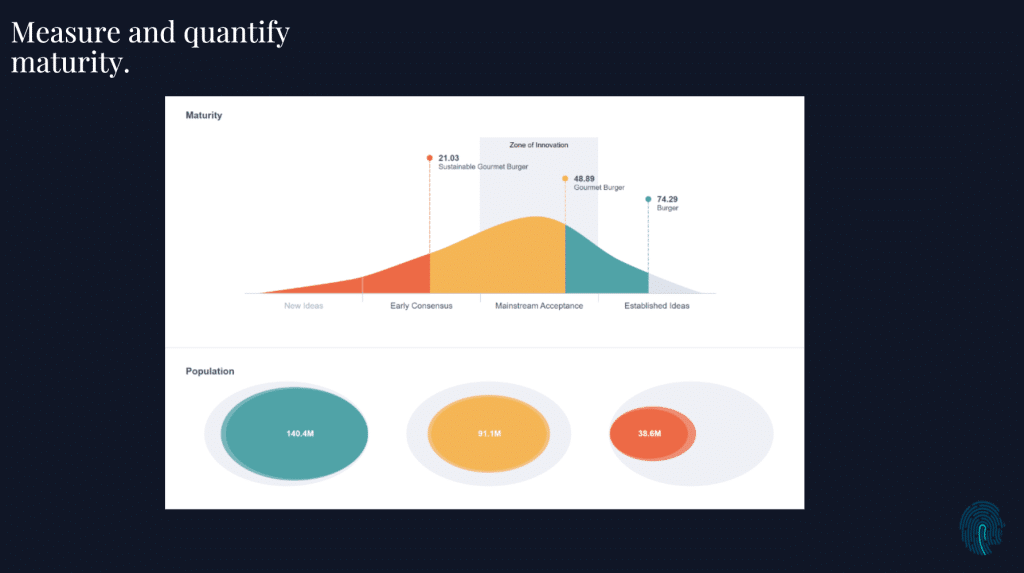The recent Lux Research webinar “What Is Anthropology? Why Is It a Competitive Advantage for R&D and Innovation?” outlined how anthropology can become a critical competitive advantage for companies looking to innovate in an ocean of sameness. Lux Research Executive Vice President and Group Director Ujwal Arkalgud showed how anthropology allows companies to identify spaces and opportunities previously misunderstood or under-valued, helping engineering and science-driven teams start thinking through a consumer and human-centric lens.
In April 2022, Lux Research acquired MotivBase, co-founded by Arkalgud, the world’s first predictive anthropology research technology that enables the study of meaning and consumer beliefs with big data.
This webinar was a foundational session on the purpose and application of anthropology to corporate innovation and product development. Arkalgud used real-world examples of emerging shifts in sectors like oil and gas, tobacco, and consumer packaged goods to display anthropology’s clear practical application.
Humans act toward things based on the meaning, implicit or explicit, they ascribe to those things, Arkalgud explained. Anthropology decodes the implicit beliefs of the consumer in any context. While social media analytics gives context only to consumers’ direct conversations about a topic, the proprietary methodology of MotivBase takes the direct and indirect contextual conversations about a topic and plots a “zone of innovation” (see figure) around the maturity of a concept.

The presentation outlined how the MotivBase technology not only decodes core beliefs but also quantifies and predicts their evolution. Anthropology helps measure and quantify the maturity of certain core beliefs, based on the context of consumers conversing in their own local communities.
Join Arkalgud as he outlines the clear practical application anthropology has in innovation and R&D. Register today to watch the on-demand webinar “What Is Anthropology? Why Is It a Competitive Advantage for R&D and Innovation?“
